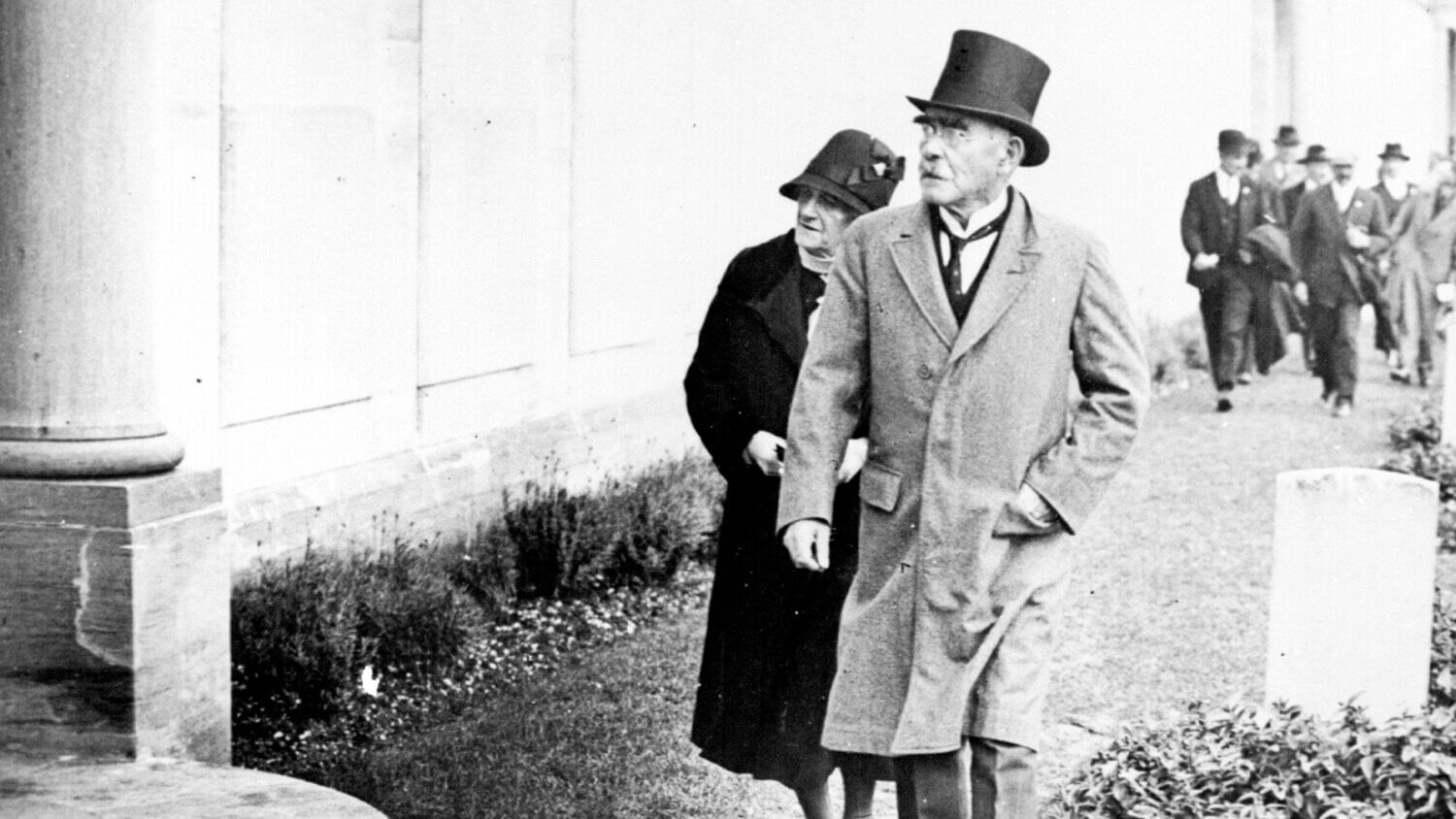08 January 2021
5 World War Resources to Keep You Occupied During Lockdown
With much of the UK back in lockdown it may be hard to know how to fill the spare time you might now have on your hands. Despite Zoom quizzes, home improvement projects and that novel you’ve always planned to write, it’s not always easy to keep yourself occupied. To help, we’ve come up with a few different options for those with a passion for history, those eager to learn about their family history or those who want to learn a little more about the work of the CWGC.

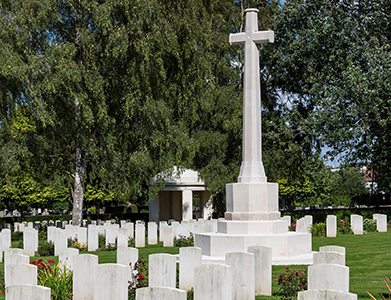
Explore Great Britain from home
Did you know that we commemorate over 300,000 British and Commonwealth service personnel at more than 12,000 locations across Great Britain? From the remote landscape of Scotland to tiny village churchyards and inner-city memorials, you don’t have to travel far to find a casualty of the world wars.
In 2021, we’d like to encourage everyone throughout Britain to find, identify and visit a CWGC casualty through our Our War Graves, Your History project. Obviously entering lockdown again means that our opportunities for travel will be few and far between, luckily, we have a range of content on our website that will help you discover some of our sites around the country.
Take an online journey across Britain and learn about a site close to home or plan a trip to somewhere a little further afield (when we’re out of lockdown).
What will you find?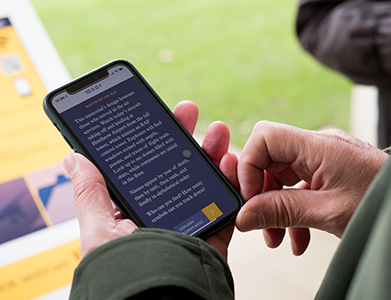
Discover the story of Noor Inayat-Khan
There are any number of incredible stories about the 1.7 million casualties we commemorate. Last year we developed a bespoke digital experience to tell the story of Noor Inayat-Khan, a Sufi pacifist who volunteered for of the most dangerous jobs of the Second World War, an SOE wireless operator in Nazi-occupied France.
You can explore Noor’s story at the CWGC’s Runnymede Memorial – but at a time when travelling is restricted you can also discover her story on our website as well as learning more about the Special Operations Executive, the intelligence branch that sent Noor to France.
Explore Noor’s story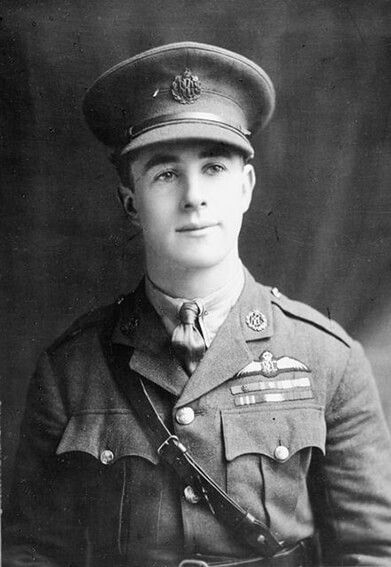
Research a casualty from the First World War
If you fancy setting yourself a challenge over the lockdown period, why not begin a research project?
We’ve created a range of ‘How to research’ guides that will show you how to research an individual who died during the First World War. These bitesize guides will help you take the first steps into your initial research, helping you explore the history of a family member or maybe someone listed on a local memorial or buried in your local churchyard.
You’ll learn how to use our war records and archives to find out more about the person you’ve chosen to research, as well as receive suggestions about the next steps to take in discovering additional information.
Start your research project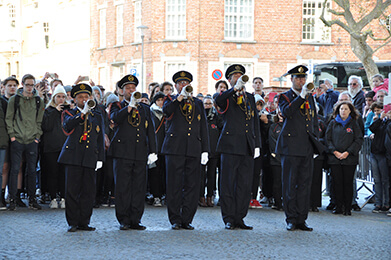
Catch up on CWGC Live
At the beginning of the first lockdown, we embarked on a range of live talks through Facebook. Each talk was led by a different member of our team either about an element of their work, a topical subject or just an area of particular interest.
The whole back-catalogue of talks are available on our Facebook page, including our live special from Ieper, Belgium, as we celebrated the first Last Post Ceremony open to members of the public at the Commonwealth War Graves Commission's Ypres (Menin Gate) Memorial following lockdown in Belgium last year.
Now is the perfect opportunity to catch up on any of the Facebook Lives you may have missed as we’ll be restarting these online talks later in 2021.
Watch CWGC Live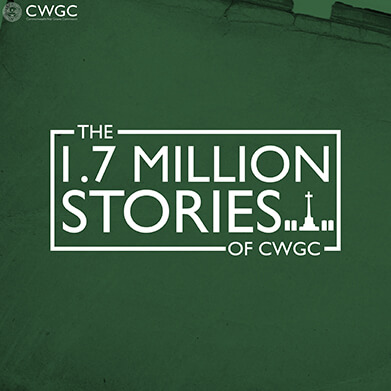
Discover a new Podcast
One of the best ways to stave off the lockdown boredom is to take a walk with a great podcast. Last year, we started a podcast of our own: The 1.7 Million Stories of CWGC.
With the help of our colleagues, historians and special guests, we’ll explore some of the stories of those who lost their lives, the history of the wars and how the CWGC is still doing its work today. You’ll get a behind-the-scenes glimpse of our work and hear some little-known historical facts and anecdotes. The perfect cure for an afternoon in lockdown.
